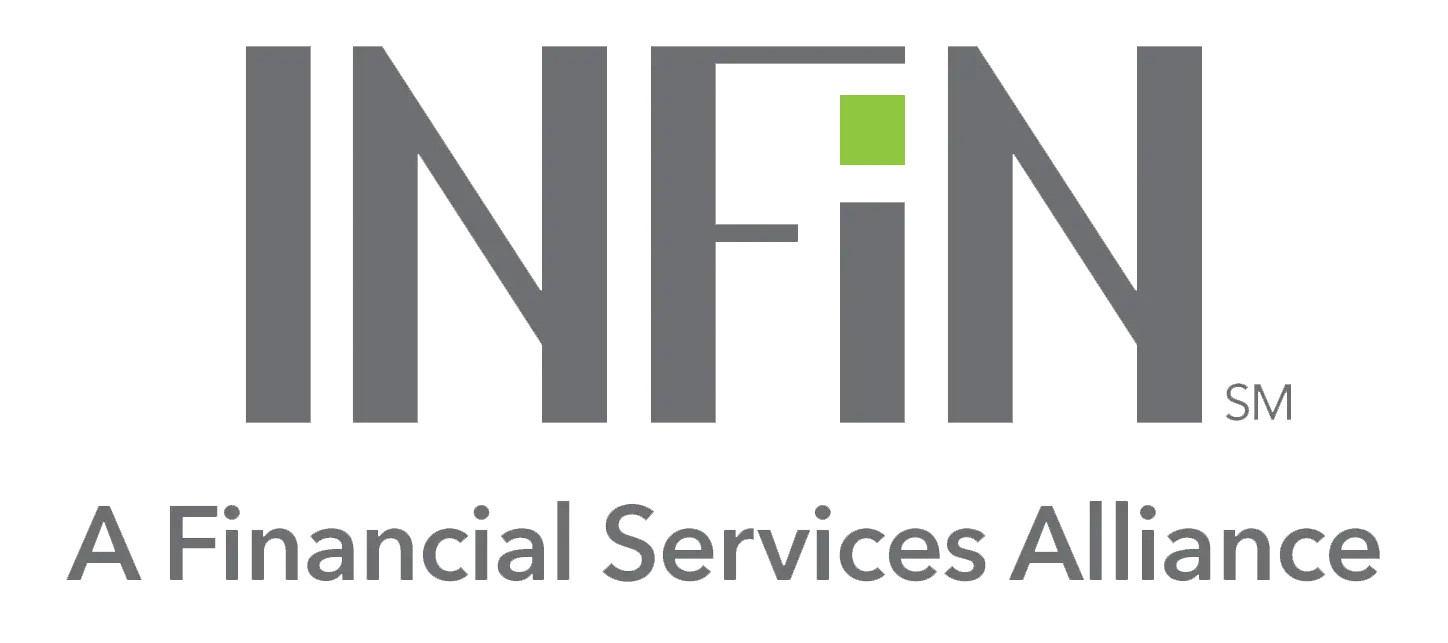A Glossary Of Financial Terms

You need to have the financial knowledge to understand various financial products. It helps an individual manage their money, personal finances, investments, and tax planning. It further safeguards you from financial frauds and scams. The following are some of the terms that you should know before stepping into the world of finance.
Understanding Financial Terms
ACH Transfers
This refers to a computerized transfer of money between banks via the Automated Clearing House (ACH) network. An example of this is when your workplace offers direct deposits.
APR vs APY
It’s important to understand the difference between these two terms.
APR stands for Annual Percentage Rate, whereas APY stands for Annual Percentage Yield. APR refers to the yearly interest rate you will pay if you carry a balance on your credit card. It is better if the number is lower.
APY is the interest rate that you earn on an account or investment. Here, you will benefit when the number is higher.
Available Balance vs Current Balance
You’ve probably come across these terms while checking your bank statement.
The current balance is the total amount of money the bank indicates you have without any pending transactions that haven’t fully cleared the bank yet.
The available balance is the balance minus those pending transactions. You should never spend more than what the bank shows as the available balance.
Bimonthly
This can mean either twice a month or every two months. It can sound a little confusing, but it’s important to know the context. For instance, most people are paid bimonthly.
Cash Flow
This is the movement of money in and out of a business or account. If you have more money coming in than going out of your account, you have positive cash flow, which is a good thing.
Cost Of Living Increase
This is also called a “cost of living adjustment” or “cost of living raise.” It is used to keep the employee’s pay on par with a rise in prices. The cost of living increase is commonly applied to social security benefits.
Credit Utilization Ratio
This refers to the difference between a person’s available credit and the credit they’re using. It is recommended to use 30% of your credit. In other words, if your credit card has a $1,000 monthly cap, you should charge no more than $300 per month. Your credit score will rise if you maintain a low credit utilization ratio.
Creditworthiness
Lenders evaluate your creditworthiness while deciding whether to provide you with new credit. It depends on several variables, including your credit score and payment record. A lower loan rate is what you’ll get if your creditworthiness is good.
FICO Score (Fair Isaac Corporation)
Your credit score from FICO measures your creditworthiness (more on that above). It is shown as a number ranging from 300 to 850. Lenders will consider this figure when setting interest rates or loan terms.
Gross Income vs Net Income
Your gross income is what you make before deducting any taxes, perks, or other expenses. Net income is what is left over after these deductions.
Inflation Rate
The increase or reduction in prices over a specific period, usually during a month or a year, is referred to as the inflation rate. Interest rates often rise as inflation increases, which occurs when demand outpaces supply.
Interest Rate
The interest rate is the amount a lender charges a borrower and is a percentage of the principal—the amount loaned.
Overdrafts
This is a word no one likes. An overdraft occurs when you spend more money than you have in your bank account. When this happens, your bank will loan you the money to cover those expenses in the form of an overdraft fee.
Principle
In the context of loans, the principle refers to the sum of money you received from a lender and committed to repaying. It is often repaid with interest. It also refers to the sum of money you can invest to make a profit.
Variable Interest Vs Fixed Interest Rate
Interest rates can be either fixed or variable. A fixed interest rate will remain constant over the life of the loan. This rate is also dependent on your credit rating. A variable interest rate fluctuates or changes over the life of a loan and is set by the lender. A variable interest rate is often offered to customers with a lower credit rating.
Knowledge is Power!
Our ability to manage our finances, investments, and tax affairs are aided by financial literacy. Knowing the jargon that guards against financial fraud and scams is important to have in your back pocket!




